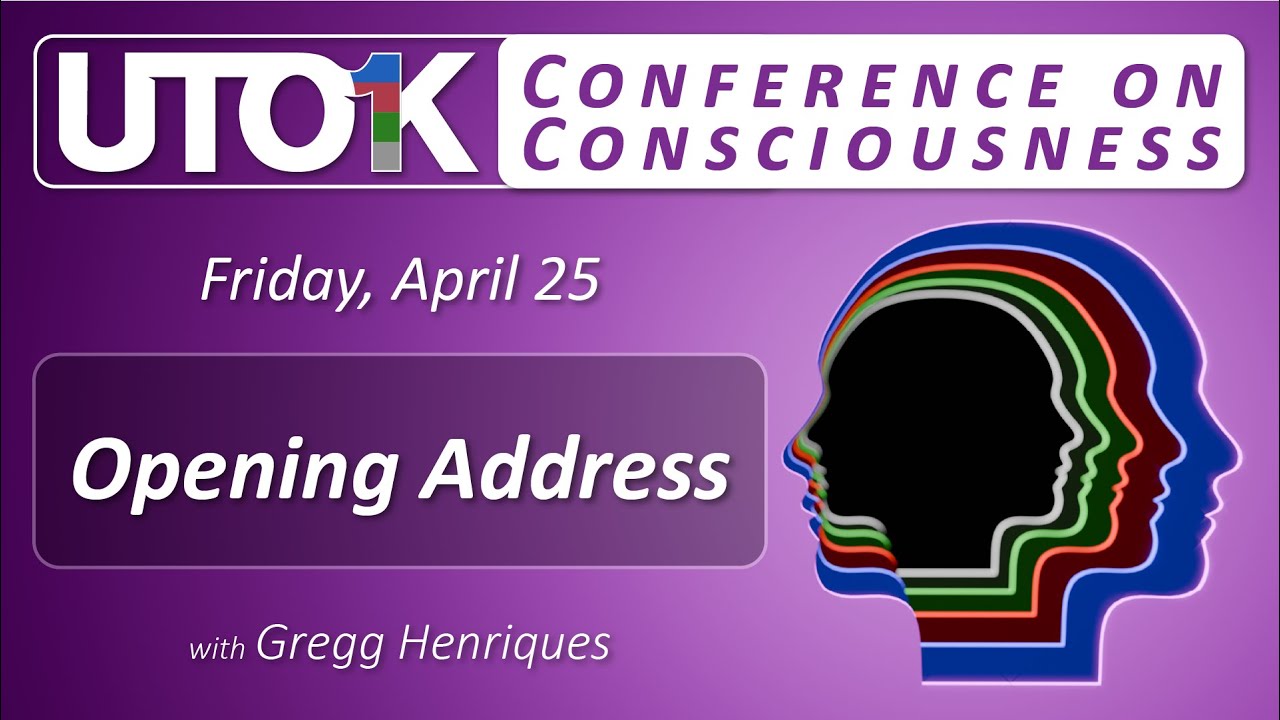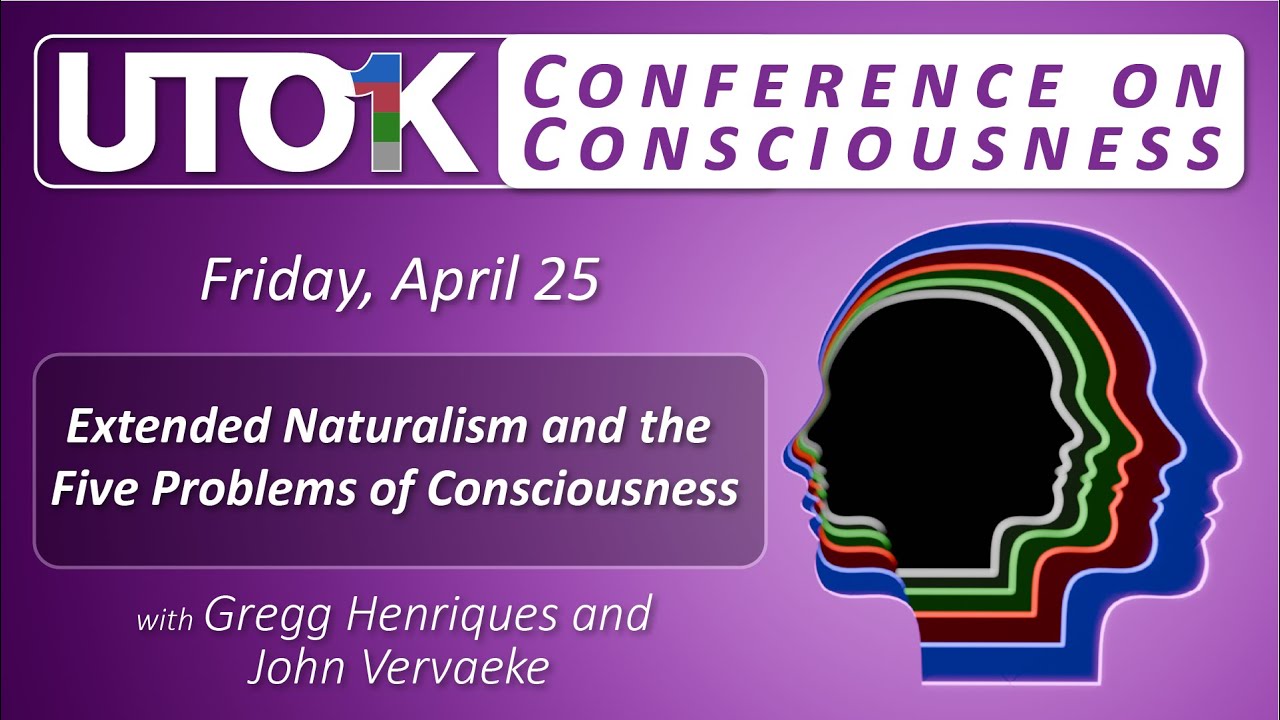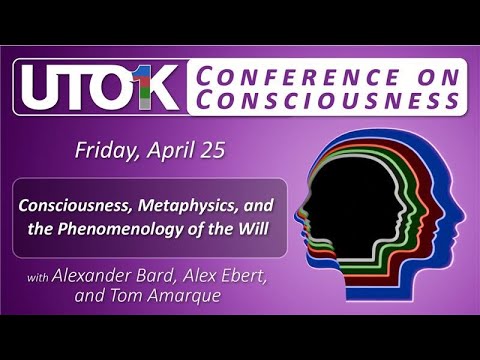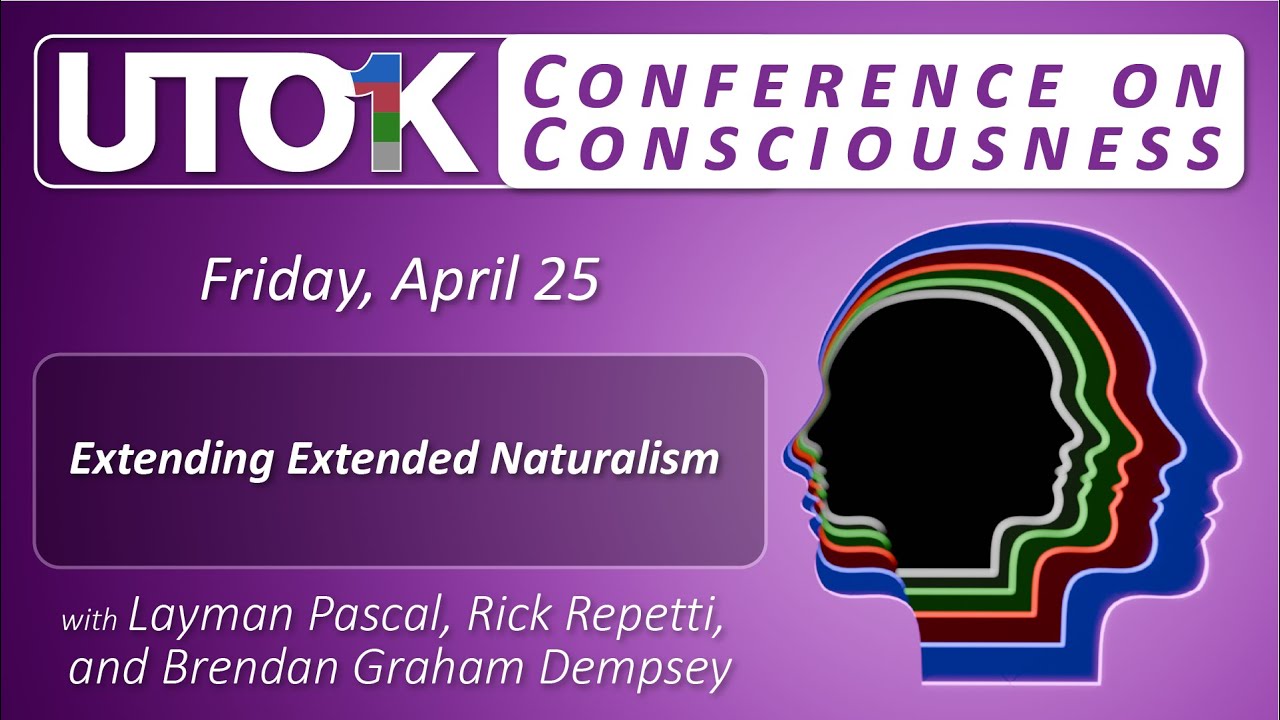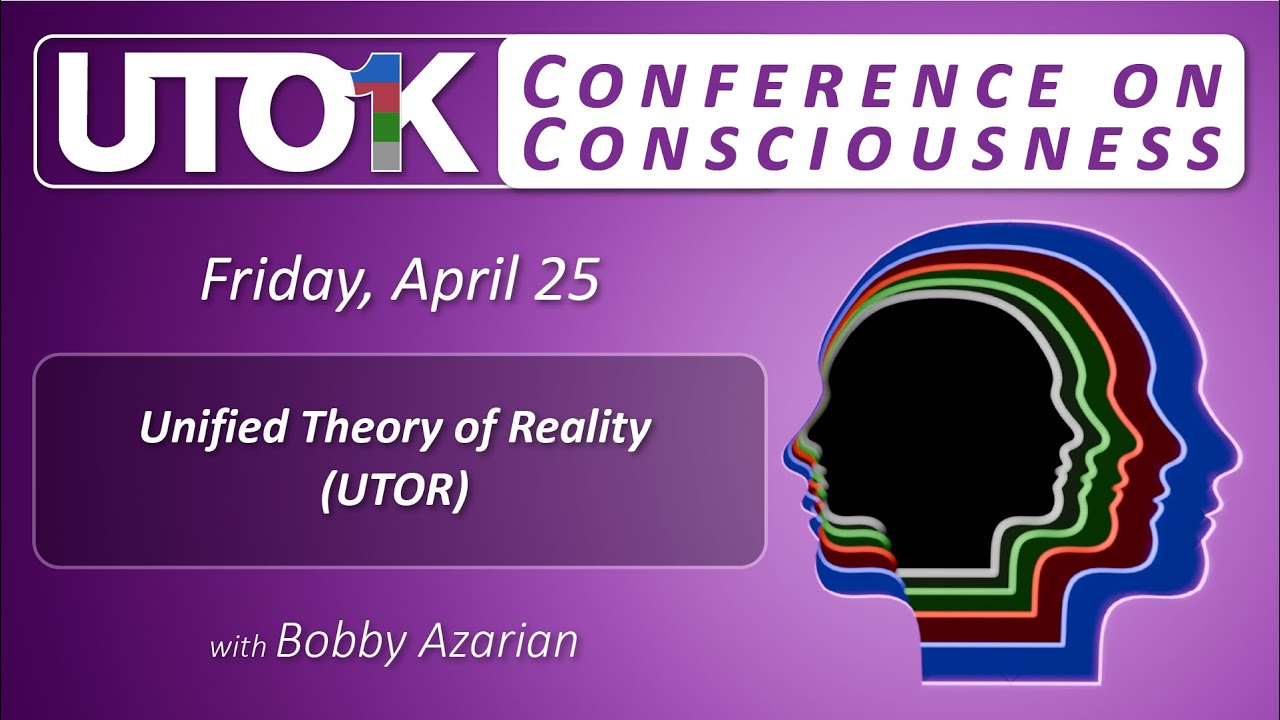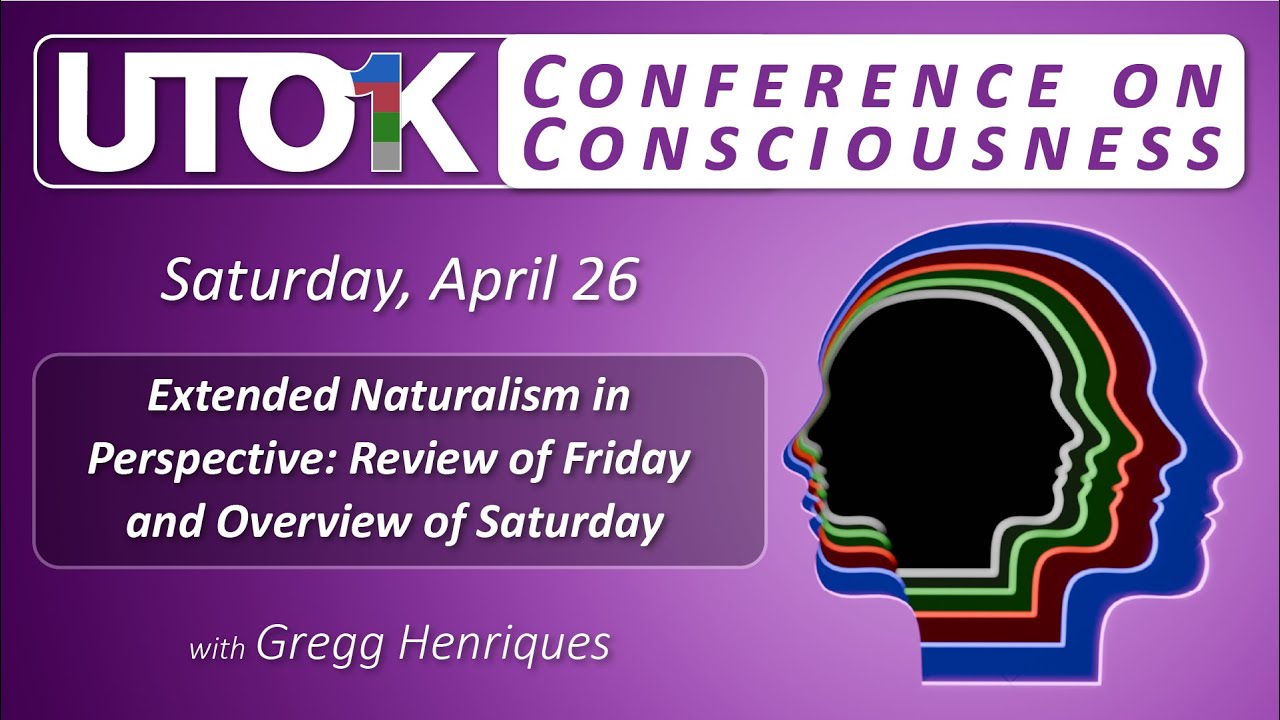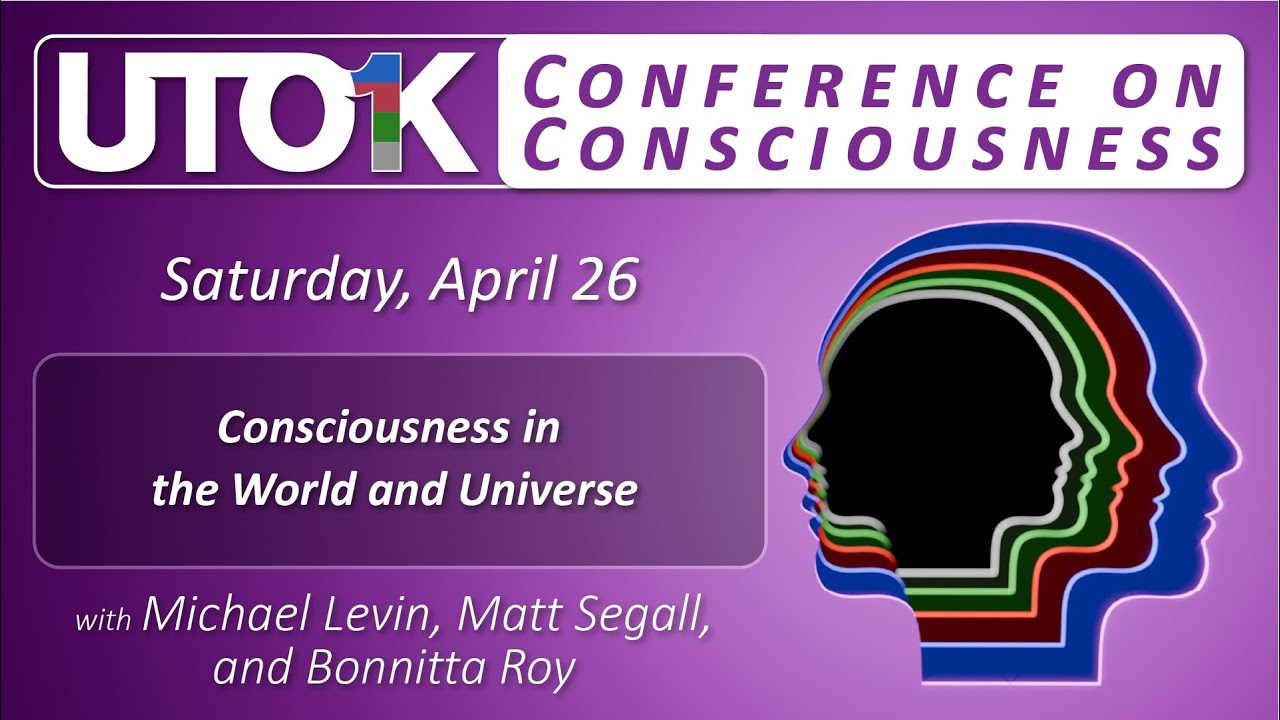This is the introductory video from the recent UTOK conference. As other videos become available (featuring an all-star cast of liminal web figures), I plan to post them also in this thread below. In this video Gregg Henriques explains the collaboration between himself and John Vervaeke on the Extended Naturalism framework.
Great @RobertBunge ![]()
Another UTOK Conference session. This one is a panel discussion with Alexander Bard, Alex Ebert, and Tom Amarque on Consciousness, Metaphysics, and the Phenomenology of the Will.
This session featured Rick Repetti, Layman Pascal, and Brendan Graham Dempsey on consciousness, complexity, and evolutionary emergence.
Another UTOK conference session. Here is an overview:
A session from the conference with Michael Levin, Matt Segall, and Bonnitta Roy (and Gregg and John Vervaeke as discussants).
Plenty of food for thought here, especially re: Michael’s work and its relations with EN’s framing on mindedness and consciousness. Here’s an excerpt from the EN summary essays that touches precisely on that:
"In EN’s terminology, cells demonstrate a kind of intelligence or “bio-cognition” because they operate in and on the world toward goal states. Michael Levin’s excellent work shows that there is much intelligence in the biological world that does not involve brains. Such intelligence can be characterized in terms of functional awareness and responsivity in context, which involves elements like memory, learning, and goal directed action. These activities can be described in terms of Consciousness1. However, cells and plants are not minded in the way we have defined the term.
In places, Levin has chosen to use the concept “mind” to frame such biophysiological examples of intelligence. For example, he proposes “TAME,” which stands for the “technological approach to mind everywhere,” as “a framework for understanding and manipulating cognition in unconventional substrates.” This definition indicates that Levin is essentially equating mind with cognition. With EN’s analysis of mindedness, we suggest a better label would be TACE, or the technological approach to cognition everywhere."
The final UTOK Conference session. Lots of panel speakers from the UTOK seed group.
I have a minor speaking part near the end, which I used to plug this 2R forum.
